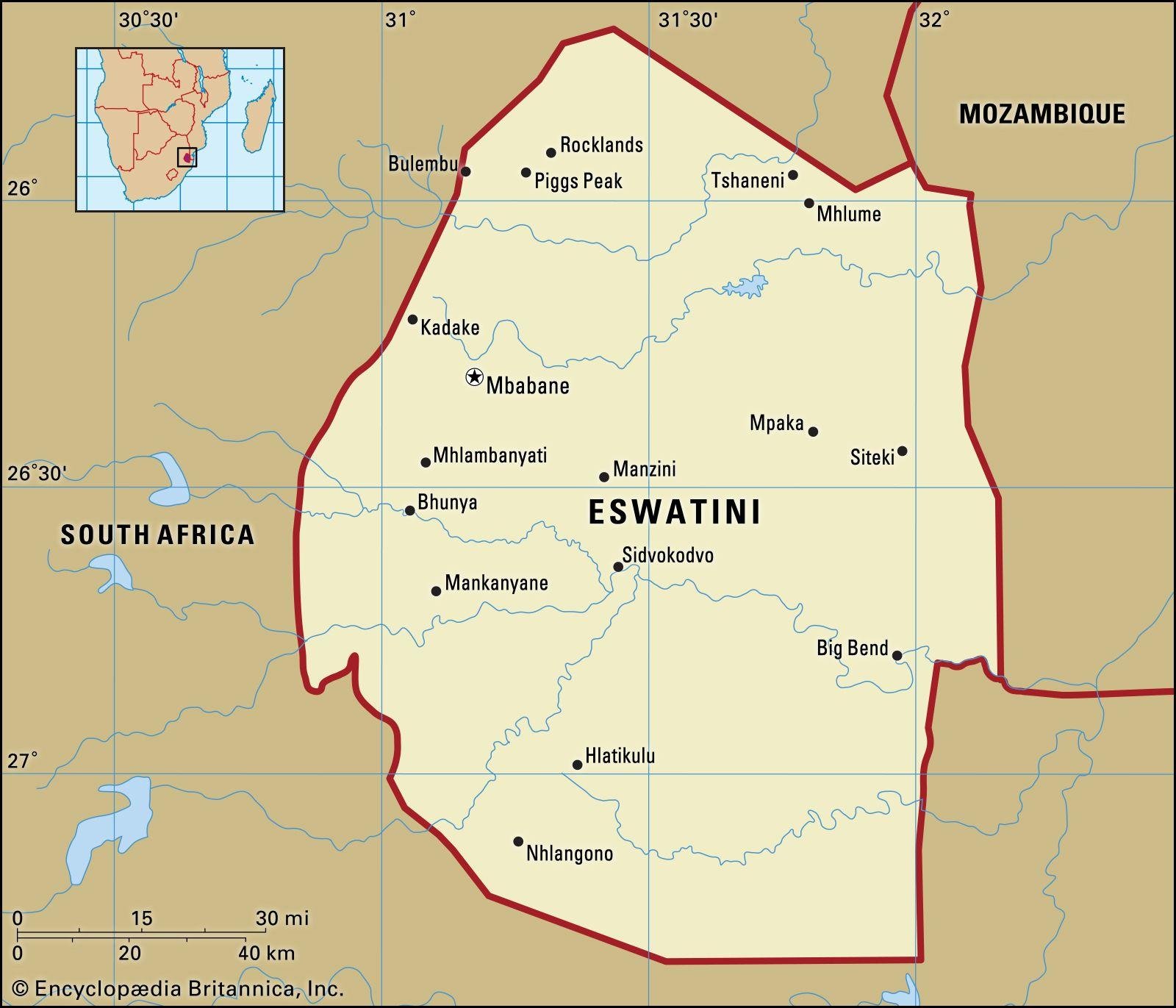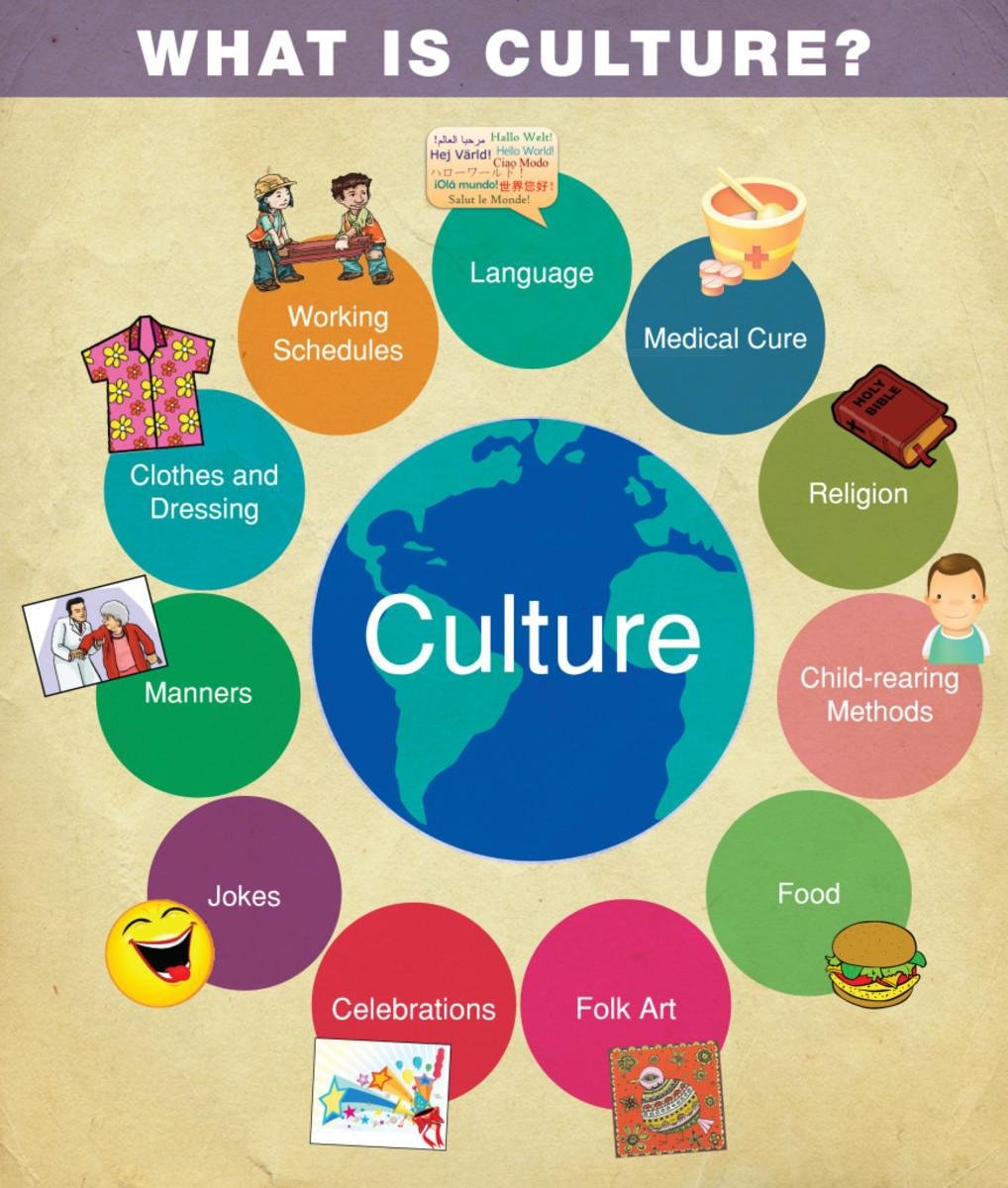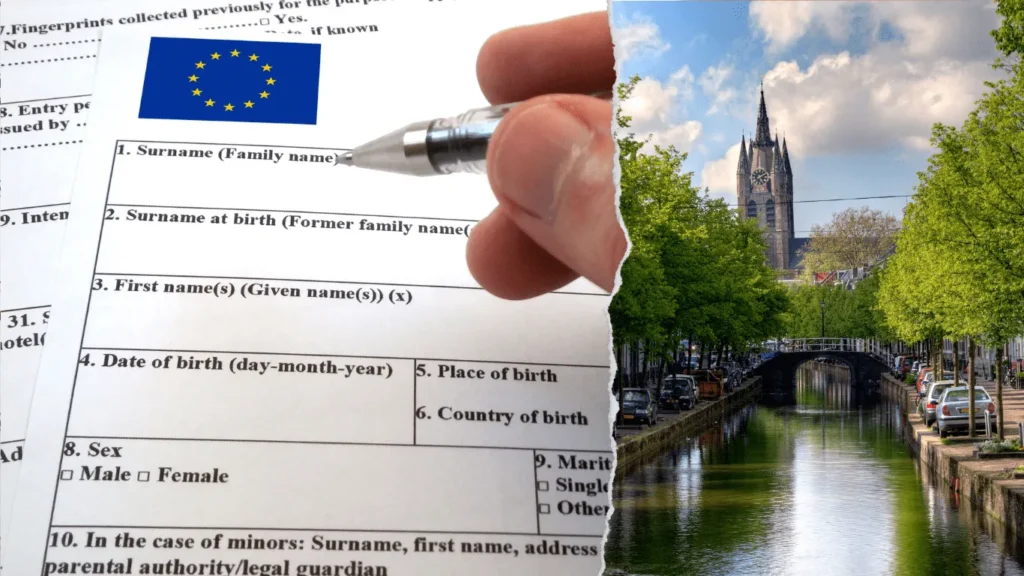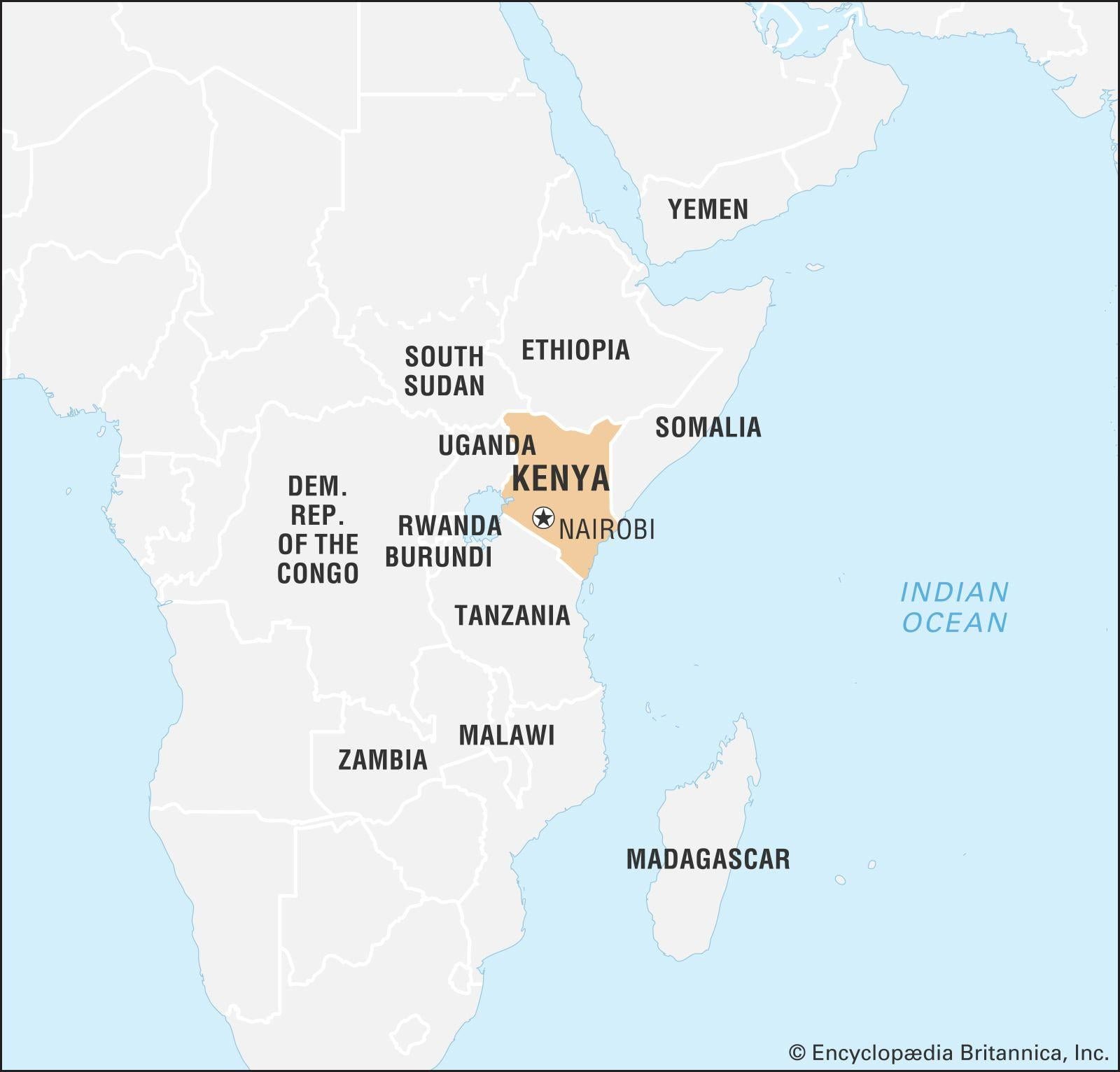Now Reading: Eswatini
-
01
Eswatini
Eswatini

Eswatini, a landlocked country in Southern Africa, is known for its rich cultural heritage and stunning landscapes. Formerly known as Swaziland, this small nation is one of the last remaining absolute monarchies in the world. With a population of approximately 1.2 million people, Eswatini boasts a diverse mix of traditional and modern influences, making it a unique and fascinating destination to explore. Join us as we delve into the history, culture, and natural beauty of Eswatini.
Geography and Climate of Eswatini
Eswatini, a landlocked country in Southern Africa, is known for its diverse geography and climate. The country’s landscape is characterized by rolling hills, lush valleys, and rugged mountains. The Great Usutu River, the country’s longest river, flows through the western region, providing a vital water source for agriculture.
The climate in Eswatini varies from subtropical in the lowlands to temperate in the highlands. The country experiences distinct wet and dry seasons, with summer lasting from October to April and winter from May to September. The high altitude of Eswatini’s mountains influences its weather patterns, bringing cooler temperatures and occasional snowfall during the winter months.

Culture and Traditions of Eswatini
Eswatini, a small landlocked country in Southern Africa, is rich in culture and traditions that have been passed down through generations. The traditional dress of Eswatini is vibrant and colorful, with women often wearing a wrap-around cloth called a ”lihiya” and beaded jewelry. Men typically wear a loincloth called an “emajobo” and a goatskin cape. These traditional outfits are worn during special occasions and ceremonies, showcasing the pride that the Swazi people have in their heritage.
Music and dance play a significant role in the culture of Eswatini, with traditional songs and performances being an integral part of ceremonies and celebrations. The “sibhaca” dance, known for its energetic movements and rhythmic music, is a popular traditional dance in Eswatini. Another important cultural practice in Eswatini is the Reed Dance, where thousands of young women participate in a ceremony to celebrate their virginity and pay tribute to the Queen Mother. This unique event attracts visitors from around the world who come to witness the beauty and tradition of Eswatini.
Economic Challenges and Opportunities in Eswatini
In Eswatini, there are a variety of economic challenges that the country faces along with several opportunities for growth and development. One of the main challenges is the high unemployment rate, especially among the youth population. This has led to widespread poverty and inequality within the country, impacting the overall economic stability.
On the other hand, Eswatini has the potential for economic growth through diversification of industries and investment in key sectors such as agriculture, tourism, and manufacturing. The country’s strategic location in Southern Africa also presents opportunities for trade and partnerships with neighboring countries. By addressing the challenges and leveraging these opportunities, Eswatini can work towards a more sustainable and prosperous economy for its citizens.
Tourism and Wildlife Conservation in Eswatini
Eswatini, a small landlocked country in Southern Africa, is known for its stunning landscapes, diverse wildlife, and rich cultural heritage. With a strong focus on tourism and wildlife conservation, Eswatini offers visitors unique opportunities to experience the beauty of nature while supporting efforts to protect and preserve endangered species.
When visiting Eswatini, tourists can take part in various eco-tourism activities such as:
- Guided safari tours through the country’s national parks and game reserves
- Visits to wildlife rehabilitation centers to learn about conservation efforts
- Volunteering opportunities to assist in wildlife research and monitoring projects
| Location: | Eswatini, Southern Africa |
| Main attractions: | Rich wildlife, national parks, cultural experiences |
Education and Healthcare in Eswatini
In Eswatini, education and healthcare are two crucial aspects of the country’s development. The government of Eswatini places a strong emphasis on providing quality education to its citizens. The education system in Eswatini is divided into primary, secondary, and tertiary levels, with primary education being compulsory for all children.
Healthcare in Eswatini is provided through a combination of public and private facilities. The country has made significant strides in improving its healthcare system in recent years, with a focus on reducing maternal and child mortality rates. Access to healthcare services, especially in rural areas, remains a challenge, but efforts are being made to ensure that all citizens have access to quality healthcare.
Future Outlook
In conclusion, Eswatini is a unique and beautiful country located in Southern Africa. With its rich cultural heritage, stunning landscapes, and commitment to preserving traditional customs, Eswatini offers visitors a truly unforgettable experience. Whether you are exploring the vibrant markets of the capital city, admiring the wildlife in the national parks, or immersing yourself in the local festivities, Eswatini is sure to leave a lasting impression. Plan your next adventure to this hidden gem and discover all that this enchanting kingdom has to offer.


























